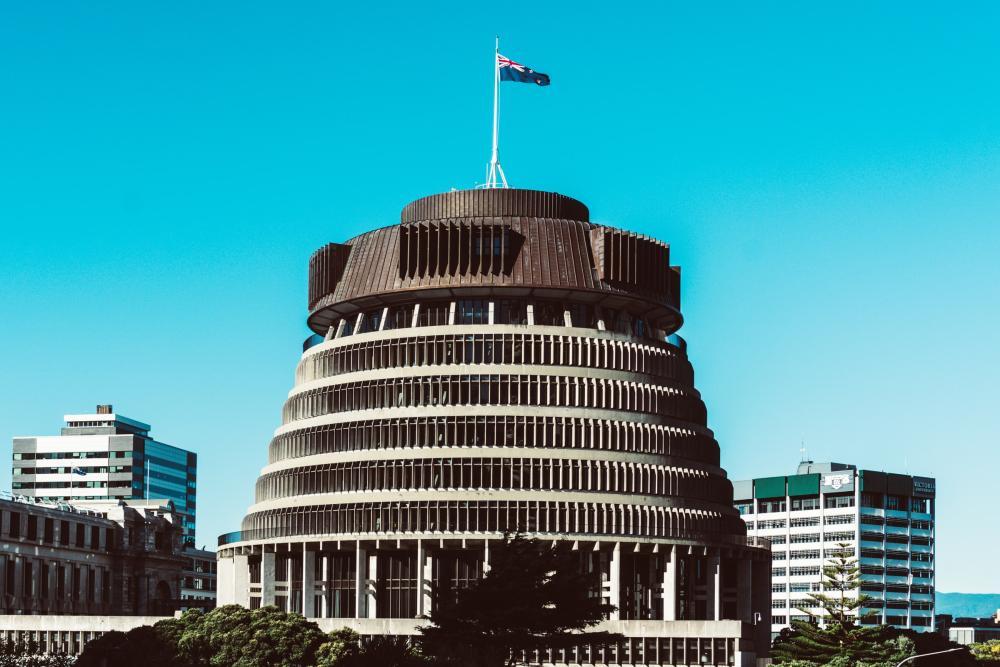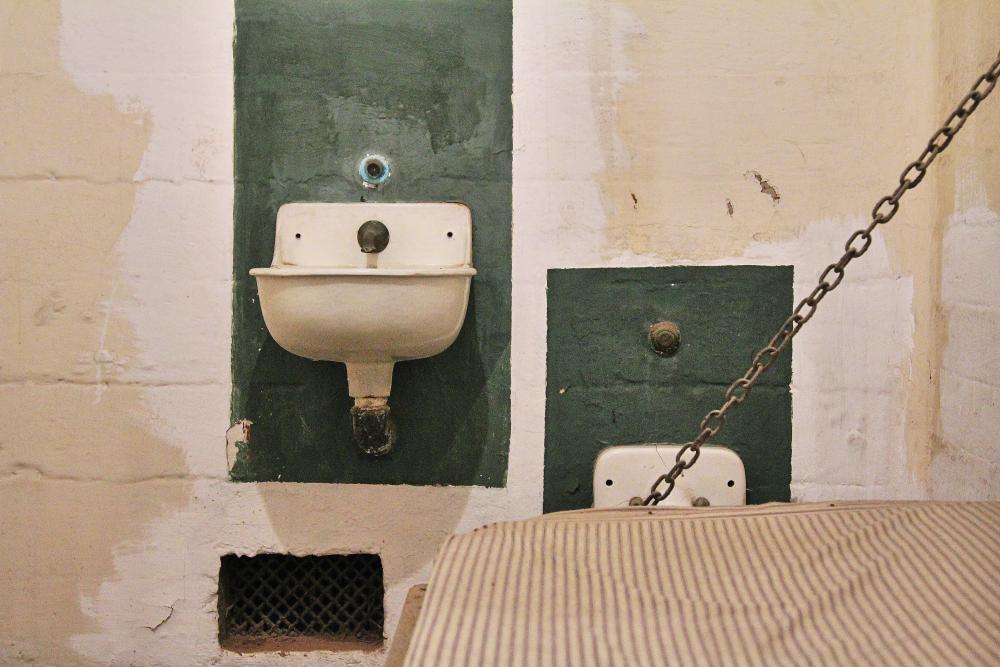Fair trial and participatory rights
Courts in New Zealand, as in many states, are public spaces. With a constant flow of people, particularly in the larger metropolitan areas, it is clearly an area of heightened risk for spreading any kind of virus. The various court jurisdictions imposed restrictions on access to court buildings and encouraged the use of remote participation to the extent possible. In the large District Court jurisdiction, approximately 16,000 court events were rescheduled and approximately 7,000 were adjourned.
The focus for all courts during the lockdown period was matters affecting the liberty of the individual and time critical proceedings.
There was some initial confusion with some defendants in custody having proceedings administratively adjourned. The move to alert level 2 allowed the machinery of justice to operate more freely, but continuing public health measures mean that in-person participation remained constrained, and varied between courts according to the facilities available.
Perhaps the most significant effect has been the suspension of new criminal jury trials for four months from mid-March. Waiting times for jury trials are already lengthy, and the suspension of jury trials will continue to have repercussions in the medium to long-term even as restrictions ease. This affects not only the rights of the defendant or the person who is to be sentenced but also the rights of victims, who must also endure the wait for a hearing. Judges are provided very limited powers to override a defendant’s trial by jury. Legislative change could, of course, alter this position.
While such a response may be appear practical, it should be borne in mind that the rights to trial by jury and without undue delay are, in many states, bastions of democracy.
There is a danger that more defendants will plead guilty in order to avoid further delay or may elect judge-alone trial when they would otherwise have elected trial by jury. For the most serious offences such as murder and manslaughter, trial must be by jury. Despite the presumption of innocence, a significant proportion of defendants will be remanded in custody for lengthy periods (McLay, 2020).







